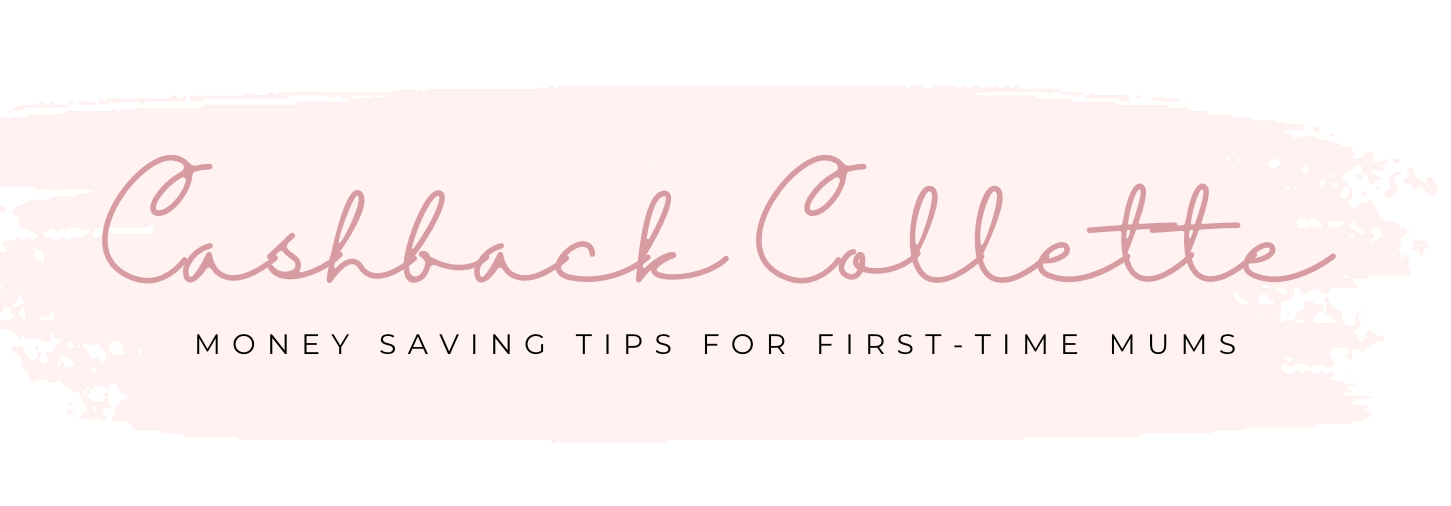Saving money for a house deposit is potentially the most money you’ll ever need to save in your life. We’ve saved for a house deposit twice now in the last six years, and have learned so much each time. Towards the end of last year, we bought a house during the pandemic.
We were very lucky to get a good deal on a house that was sat on the market for over a year and needed a lot of work! At the same time, we now understand how tough it can be to get a good mortgage deal with a low-interest rate, and that you’ll need a higher deposit during this new coronavirus era.
So how can you save for a house? Here are my top three tips…

Know your options
When you are putting down a deposit, you need to be aware of how many different options that are. When you are trying to get a mortgage from the bank, you’ve got to ensure that you have a wide variety of options.
A traditional estate agent may only give you the options from the big banks, which are more cautious to lend in recent times. However, if you choose a mortgage broker, they have a wide knowledge of the market. They can also access deals from exclusive lenders, meaning you may be able to borrow more than you think!
Save the relevant amount of money
Saving money for a deposit is hard! It can take years and it’s really tricky to stay motivated. You can always look at extra ways to earn cash to help boost your savings. If you’re struggling to afford rent and save at the same time, have you considered moving into your parent’s home while you save up?
It might not be easy, but if you really want to save up a lot of money quickly, it could be a short-term sacrifice that makes a big difference! It also helps to look at mortgage calculators online and factor in additional costs like solicitors fees. This will give you a clearer idea of how much you need to save.
Getting started with your saving
As with most things (dieting, paying off debt) starting always seems like the hardest part! You can open up an ISA, or a separate savings account. One of the best things that you can do is keep your mortgage money separate from your actual money.
This will reduce the temptation to dip into it when you are struggling, while also making sure that you reduce any debt as much as possible. Paying off debt before you apply for a mortgage could help improve your credit score and secure a better interest rate.
You could use the debt snowball method to reduce your outgoings and pay off your debts. This is where you pay off your debt amounts starting with the smallest. Once that debt is paid in full, you use any money you’ve saved to target the next smallest balance.
Eventually, you’ll pay off your largest and final debt. The idea is you’ll gain momentum (like a snowball rolling down a hill) and will feel more and more motivated with each debt you pay off. Rather than trying to tackle it all at once and feeling overwhelmed.
In addition to this, you may want to move your credit card debts to one big card with a balance transfer.
When you are starting to save for a deposit, it can be incredibly intense. My last tip would be to find frugal ways to have fun during the process. Look for free days out and activities, as well as free household goodies for you and your family. Remember, the bank look at your salary and bank statements, so you’ll want to look as attractive as possible during the months you’re applying for a mortgage…
Good luck on your house deposit saving journey!
Pin for later…

This is a collaborative post
